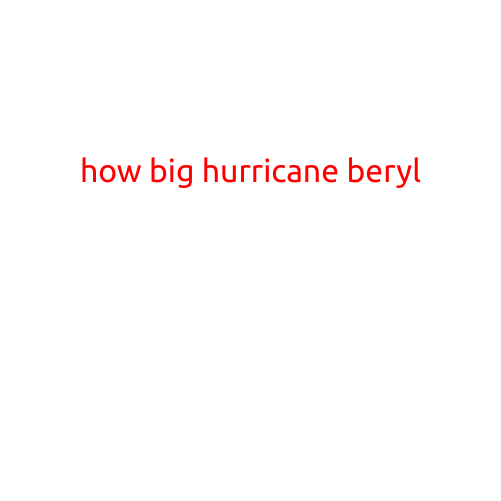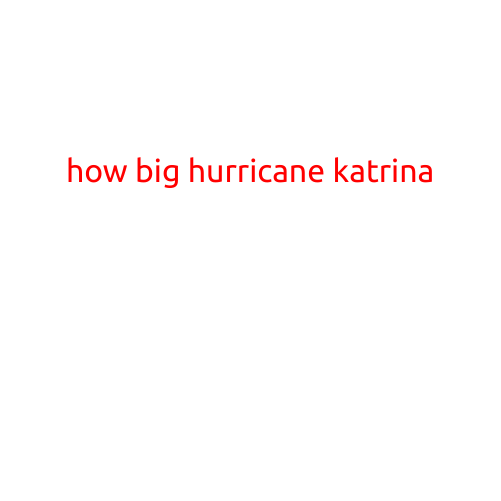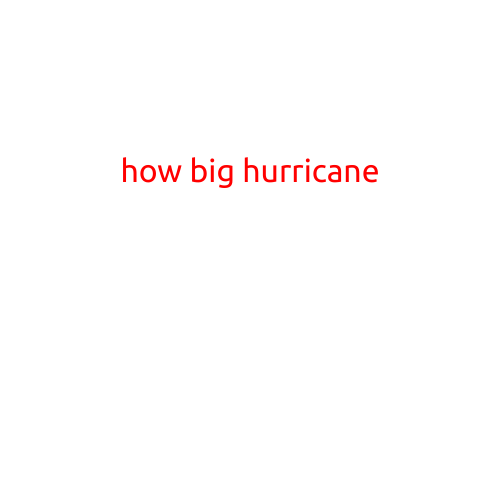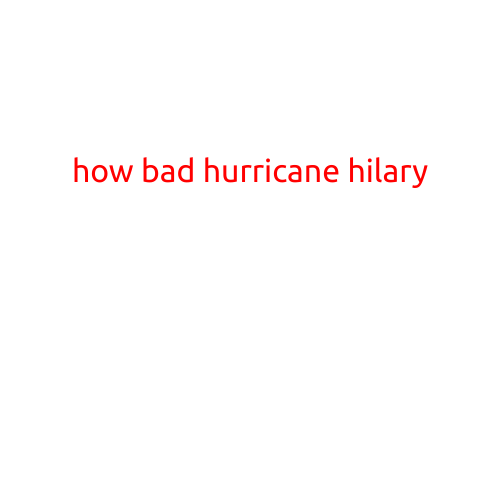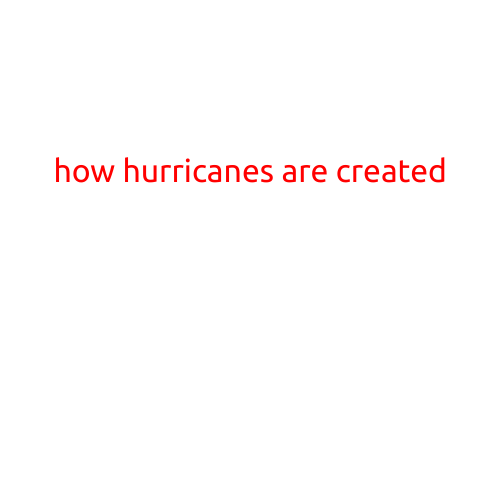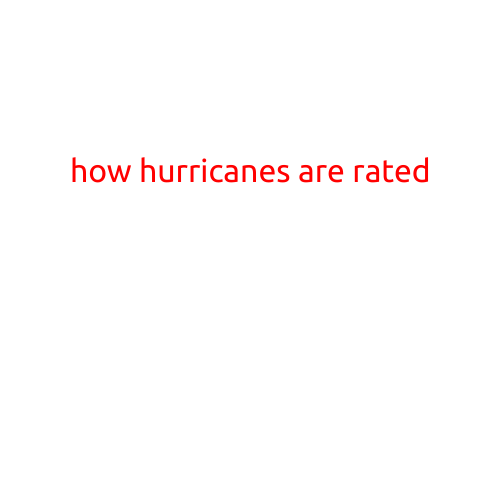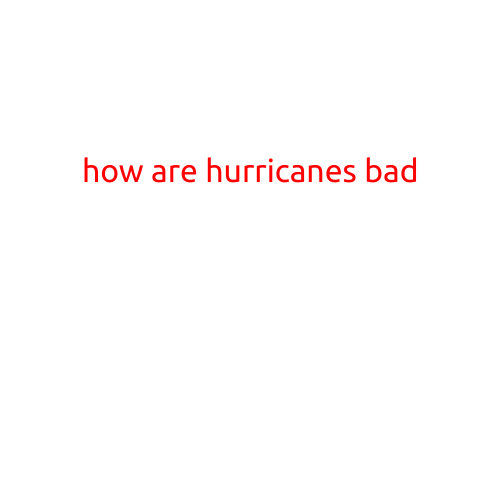
How Are Hurricanes Bad?
Hurricanes are powerful tropical cyclones that can bring catastrophic destruction to coastal communities and island nations. These storms form over the warm waters of the Atlantic Ocean, Caribbean Sea, and Gulf of Mexico, and can cause widespread devastation when they make landfall. In this article, we’ll explore the various ways in which hurricanes can be bad and the reasons why they’re considered a serious threat to human life and property.
Property Damage
One of the most obvious ways in which hurricanes are bad is the property damage they cause. Strong winds, heavy rainfall, and storm surges can all wreak havoc on buildings, infrastructure, and homes. Trees and power lines can be uprooted, leaving thousands without electricity or access to basic services. Roofs can collapse, windows can shatter, and walls can be breached, leaving homes uninhabitable.
In addition to destruction of property, hurricanes can also cause economic disruption. Businesses may be forced to shut down, and trade and commerce may come to a standstill. The cost of repairing infrastructure and rebuilding homes can be staggering, causing long-term economic instability.
Loss of Life
Hurricanes can also be deadly, causing loss of life and displacement of people. Strong winds and storm surges can sweep people away, and flash flooding can occur, trapping people in their homes or in flooded areas. Emergency responders may struggle to reach affected areas, making it difficult to rescue those in need.
In addition, hurricanes can also carry tropical diseases, such as dengue fever and Zika virus, which can spread rapidly in the aftermath of a storm.
Displacement and Displacement
Hurricanes can cause massive displacement, as people flee their homes to escape the storm. This can lead to overcrowding in shelters, making conditions unsanitary and unsuitable for those seeking refuge.
In the aftermath of a hurricane, displaced individuals may struggle to find food, water, and shelter. They may also face challenges in accessing essential services, such as healthcare and education.
Environmental Impact
Hurricanes can also have a significant impact on the environment. Storm surges can contaminate waterways, causing long-term damage to ecosystems. Flooding can also wash away soil and sediment, leading to erosion and loss of habitats.
In addition, hurricanes can disrupt the food chain, as species that rely on specific habitats or ecosystems are displaced or destroyed. This can have long-term consequences for the health of the environment and the species that inhabit it.
Conclusion
Hurricanes are bad because of the devastating impact they can have on communities, economies, and the environment. The destruction caused by these storms can be catastrophic, leading to loss of life, property damage, displacement, and long-term economic instability.
It’s essential that we take proactive measures to prepare for and respond to hurricanes, including investing in infrastructure, providing support to affected communities, and protecting the environment. By working together, we can reduce the impact of hurricanes and create more resilient communities.
Key Takeaways:
- Hurricanes can cause massive property damage, including destruction of homes, infrastructure, and businesses.
- Loss of life is a significant concern, as strong winds, storm surges, and flooding can be deadly.
- Displacement and displacement are major issues, as people flee their homes and struggle to find food, water, and shelter.
- Hurricanes can have a significant environmental impact, including contamination of waterways, erosion, and disruption of food chains.
- It’s essential that we take proactive measures to prepare for and respond to hurricanes, including investing in infrastructure, providing support to affected communities, and protecting the environment.
